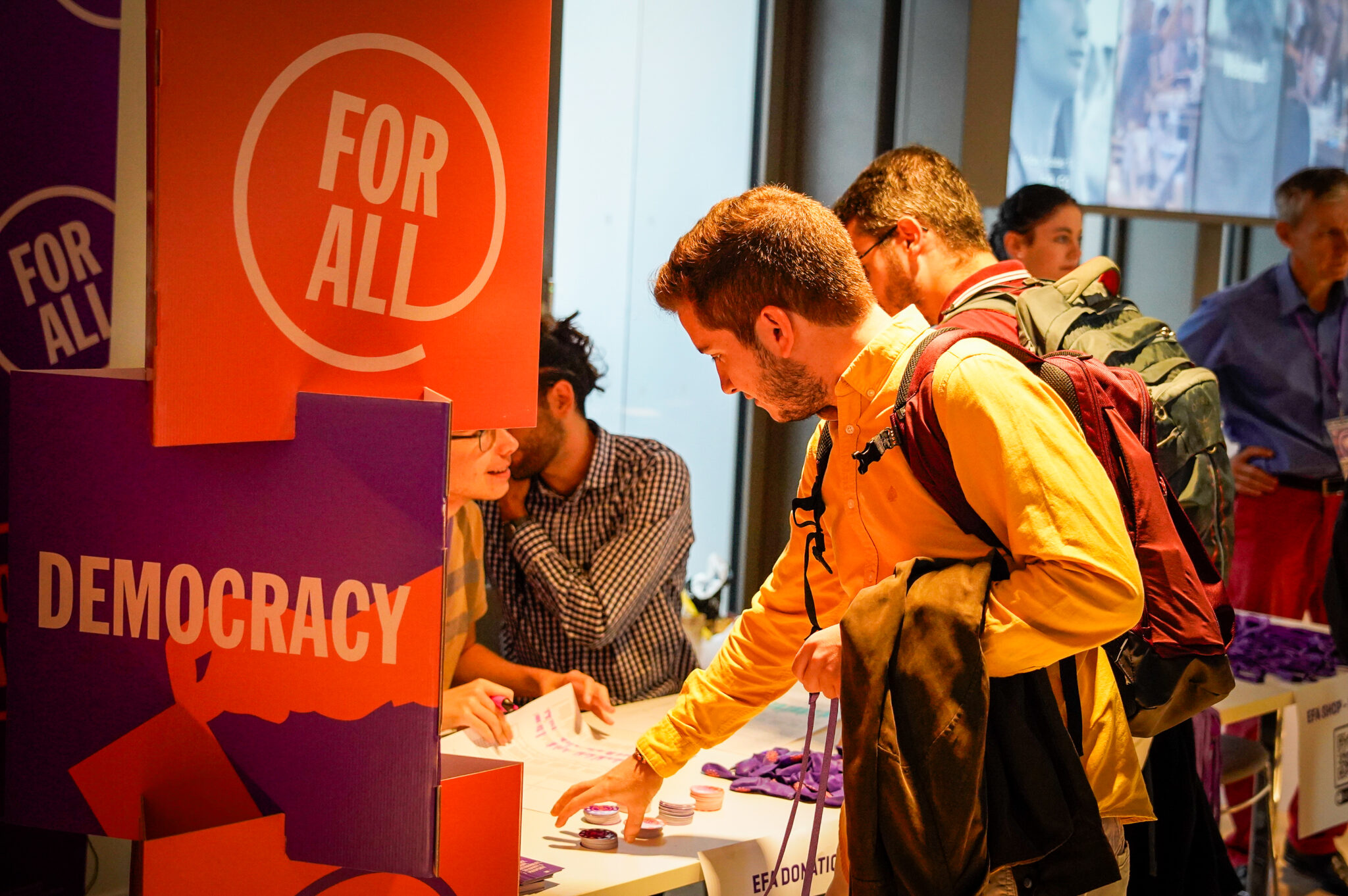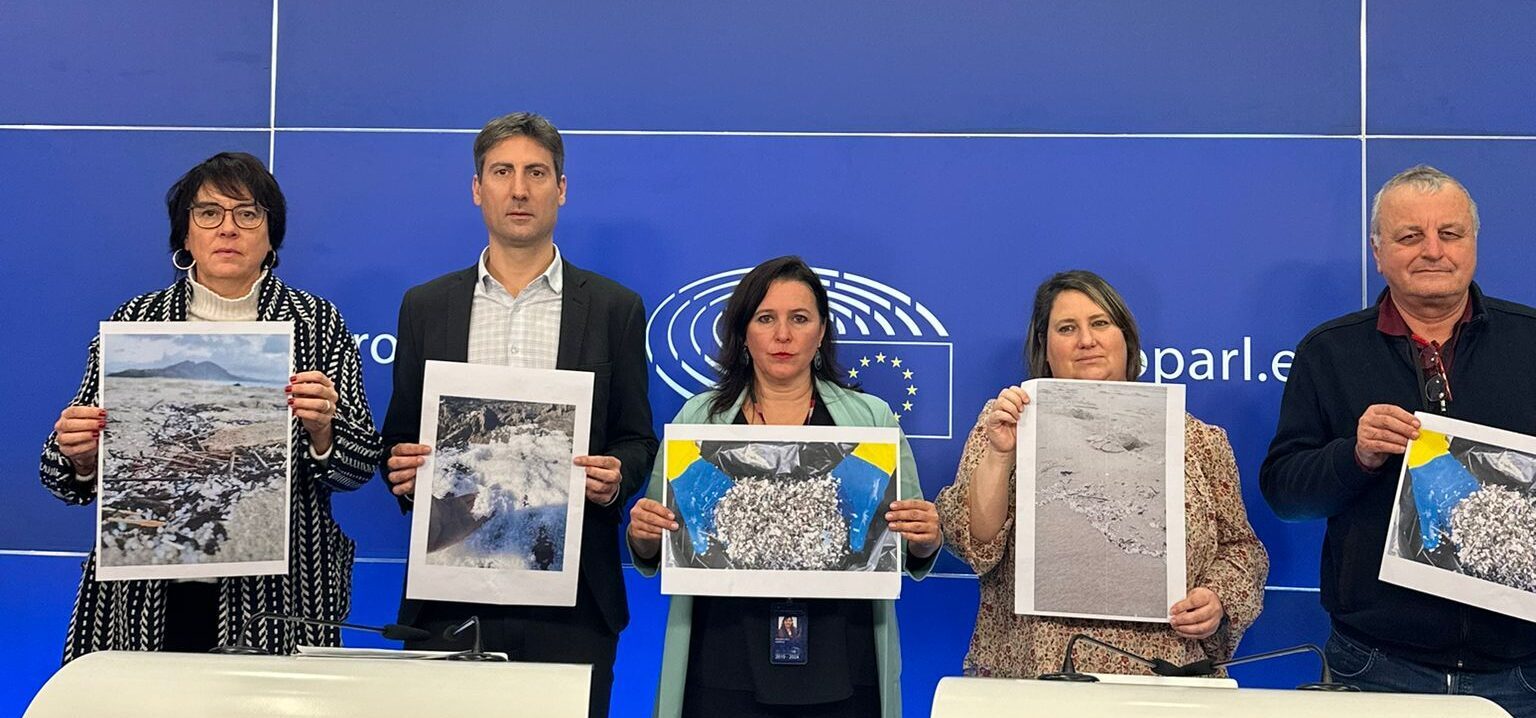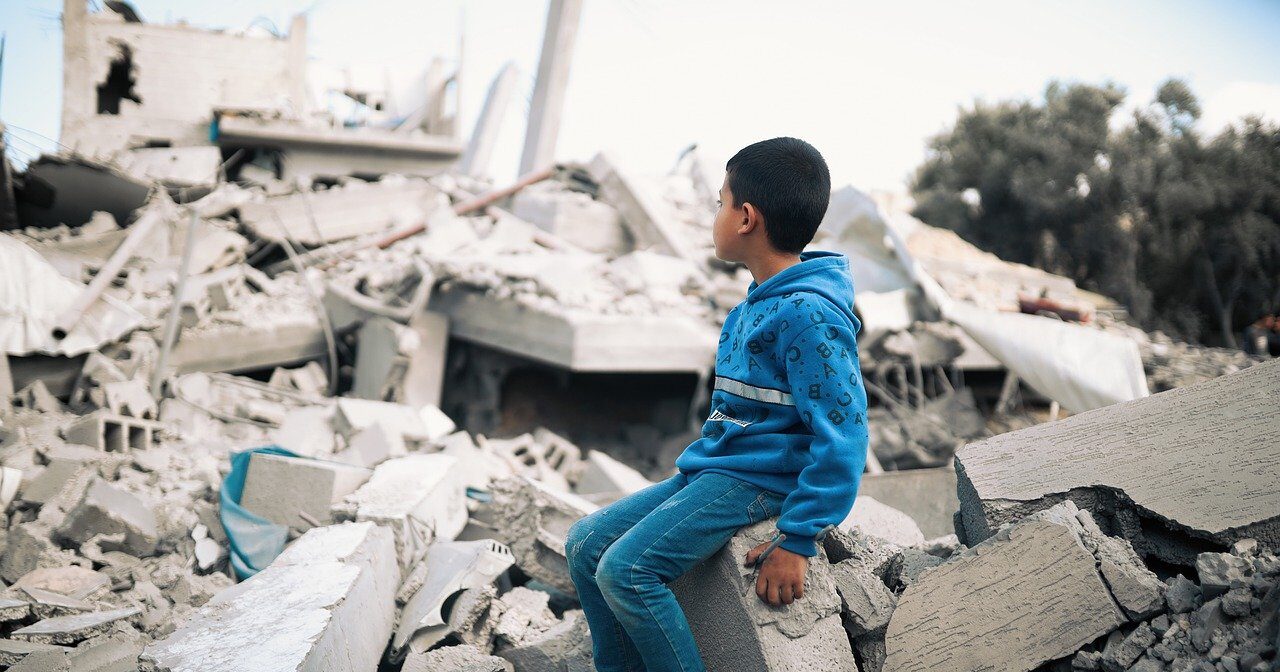International Women’s Day 2020
Gender Equality in Politics to Build Real Democracies
Today marks International Women’s Day, celebrating advances towards equality worldwide. Despite increasing awareness of gender equality issues and women’s rights, structural sexism, unequal power relations, economic and cultural barriers, as well as psychosocial issues remain deeply-rooted when it comes to the participation of women in politics. Women continue to be underrepresented as voters, as well as in elected offices, and the prevalence of gender-based violence makes the access of women to political decision-making processes on equal terms even more challenging.
The current patriarchal society driven by a default-male perspective results in distorted perceptions of women and girls’ capabilities in both public and private spheres. They are confronted with multiple factors, including the glass ceiling, which acts as an invisible barrier in the careers of women, which particularly affect minorities. Women also face multiple forms of discrimination based on, for example, age, functional diversity, ethnic and/or social origin and sex orientation.
Psychological issues also play a key role when it comes to achieving a work-life balance as individuals and agents of change standing up for co-responsibility models. This is due to social and cultural gender-based stereotypes, which continue to associate women with the duty of domestic care, leading to the need to cope with mental load and emotional labour issues at work on top of their daily professional tasks.
Feminism is the revolution for equality and diversity. It is a fight and responsibility for all of society. Feminist leaderships are transformational and incorporate other core values and principles like empathy, care and active listening as main drivers in the implementation of gender equality policies, contributing to free, fair and equal societies. In order to achieve this, financial resources are essential.
Therefore, on International Women’s Day 2020 EFA commits to:
- Encourage equal participation in democratic processes, including electoral management bodies and women’s organisations and networks;
- Foster equal models of leadership and in decision-making processes, encouraging the exchange of good practices;
- Promote the work of women in peacebuilding;
- Incorporate the intersectional approach in the collection, analysis and dissemination of data;
- Promote gender-budgeting to implement protocols to prevent violence against women at work, as well as to adopt positive action policies and actions to promote equal participation at all levels.



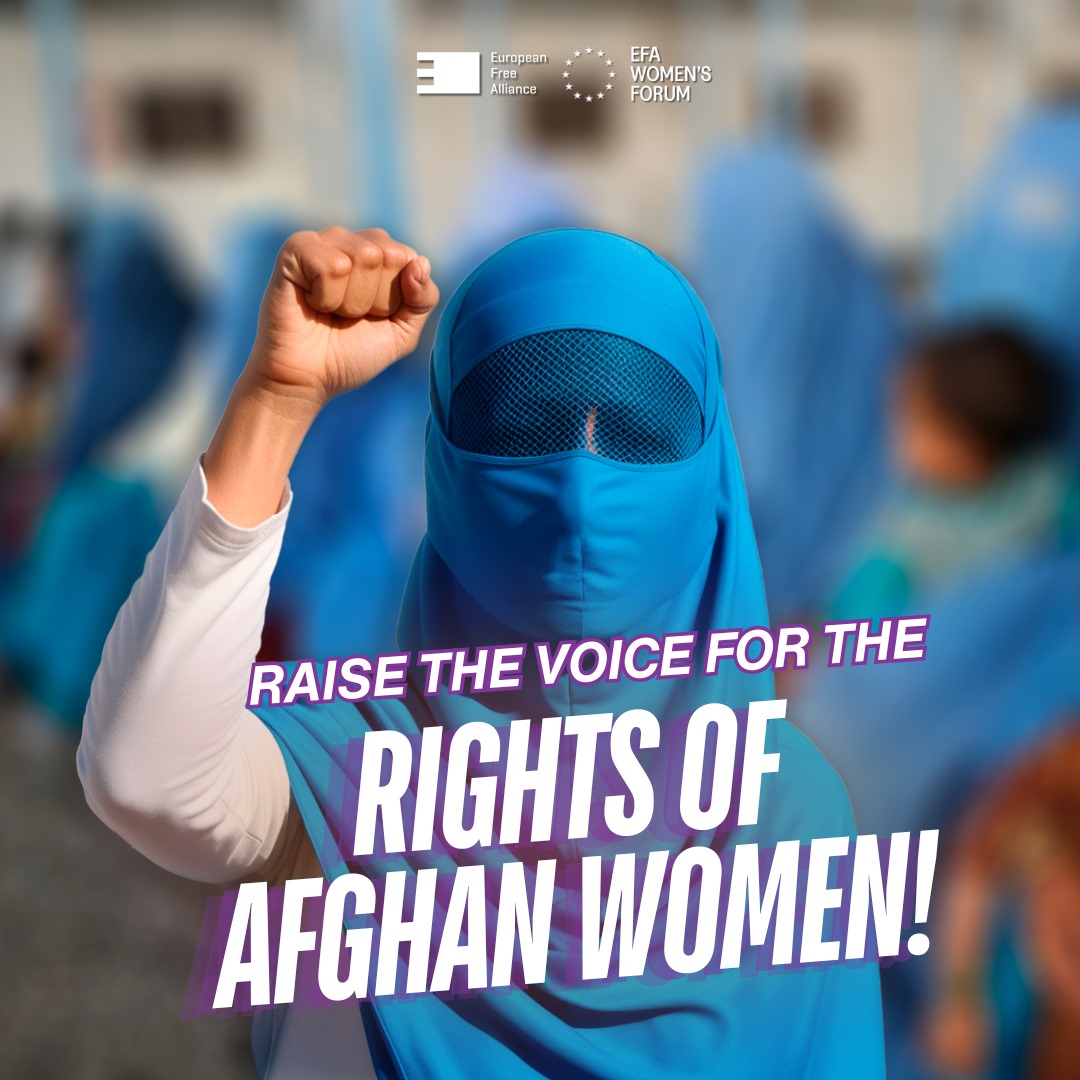

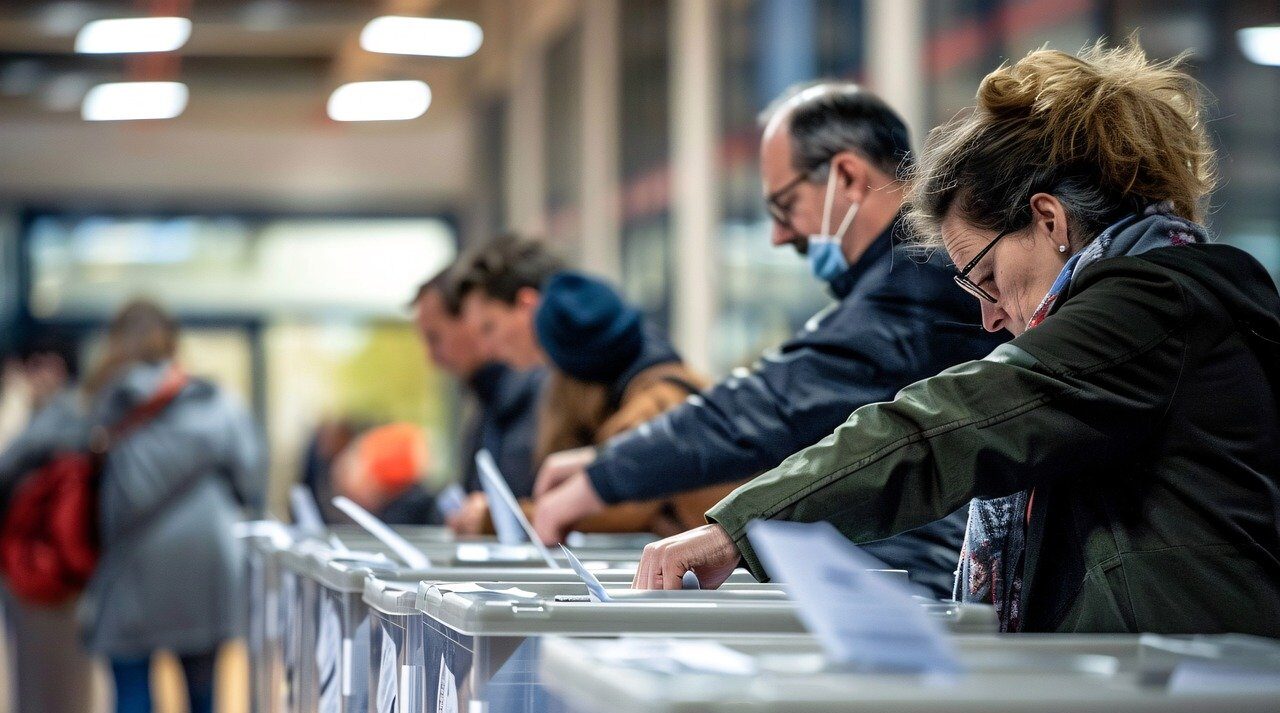
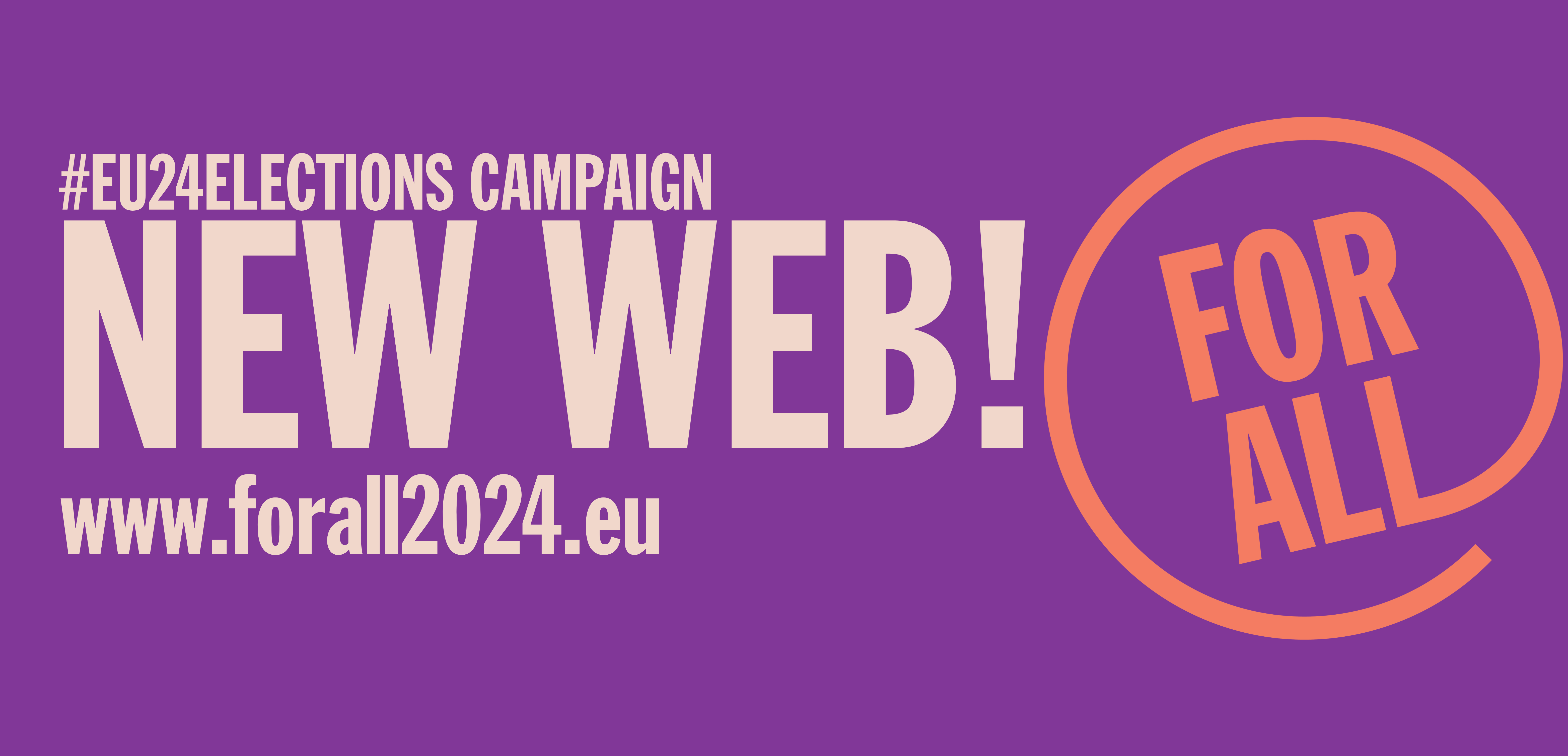

![[UPDATE] EFA expels Latvian Russian Union](https://e-f-a.org/wp-content/uploads/2023/04/blue-gae9f38ab3_1280edited.jpg)
